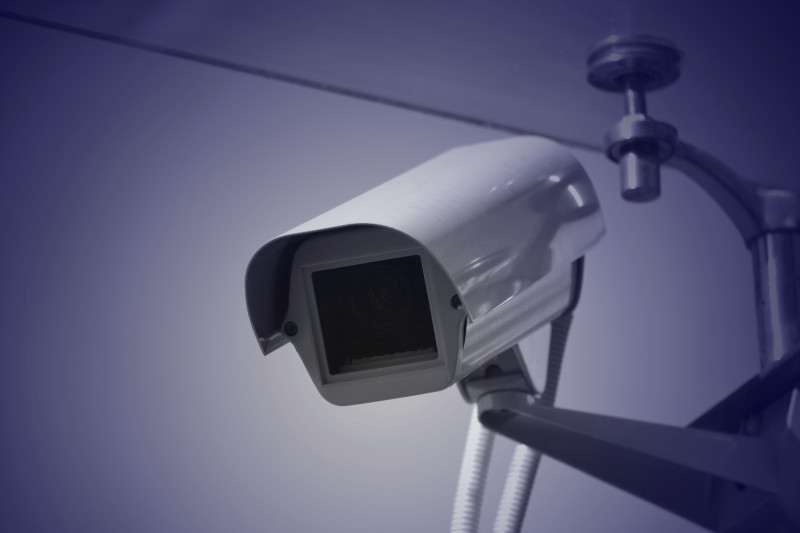"Even basic transparency and accountability and oversight was the exception and not the rule in California," Ozer notes. "And it definitely needs to be the other way around."
Lt. Lynn Koehmstedt works in the Homeland Security Division of the Orange County Sheriff's Department. He says law enforcement agencies understand the importance of public input.
"I think it's a process, and we're very much open to scrutiny," Koehmstedt says. "We want it to be fair but we also want to provide a great service and transparency to the public, I think."
Brian Jackson analyzes technology and law enforcement issues for the Rand Corp., a nonprofit think tank. He agrees that while technology offers powerful tools for law enforcement, they must be balanced against civil liberties and privacy concerns.
"These are the sorts of trade-offs and policy debates you've got to have in a democracy when technology is changing the capabilities of both private citizens and government organizations," Jackson said.
This past summer, the San Jose Police Department caused an uproar by quietly seeking federal funds to purchase an "unmanned aerial system," or drone -- without public input.
Santa Clara County Supervisor Joe Simitian would like to change that. He says it is possible to protect both civil liberties and public safety, as long as policymakers ask thoughtful questions.
"Do we really need the information,?" Simitian says, rattling off questions local officials need to ask. "If so, how are we going to use it? If we're gonna get the information and we're going to use it, how are we going to protect people's privacy? How long are we going to keep it for? Who's going to have access to it? What are the consequences if somebody misuses it? These are all important questions that need to be asked before we unleash the technology, not after."
Next week, Simitian will introduce legislation suggested by the ACLU to guide Santa Clara County's purchase and use of crime-fighting technology. San Francisco Supervisor John Avalos is expected to also introduce it in the city.
